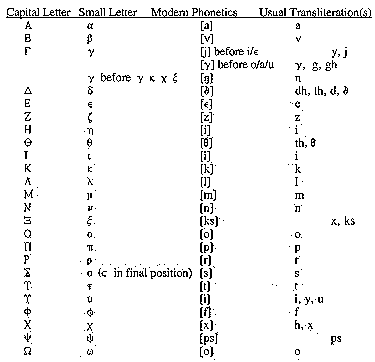Ancient greek classical greek greek without reference to time period the ancient form of the language is usually taken as the unmarked value and within ancient greek the attic dialect see below on dialects is the usual point of reference.
Attic greek article placement.
Hellenike actually an adjective derived from hellen the word for a.
Without article self in nominative emphasizing the subject reflexive pronoun in oblique cases himself herself itself themselves in philosophy of an abstract idea by or in itself without article in oblique cases 3rd person personal pronoun he she it they with definite article same.
In ancient greek all diacritics are shown as necessary.
Attic greek is the greek dialect of the ancient city state of athens of the ancient dialects it is the most similar to later greek and is the standard form of the language that is studied in ancient greek language courses attic greek is sometimes included in the ionic dialect together attic and ionic are the primary influences on modern greek.
Read here about the diacritic placement rules in both modern and ancient greek note also that strictly speaking the definite article does not have a vocative case even in ancient greek.
K ɔɪ ˈ n eɪ ˈ k ɔɪ n eɪ k iː ˈ n iː.










